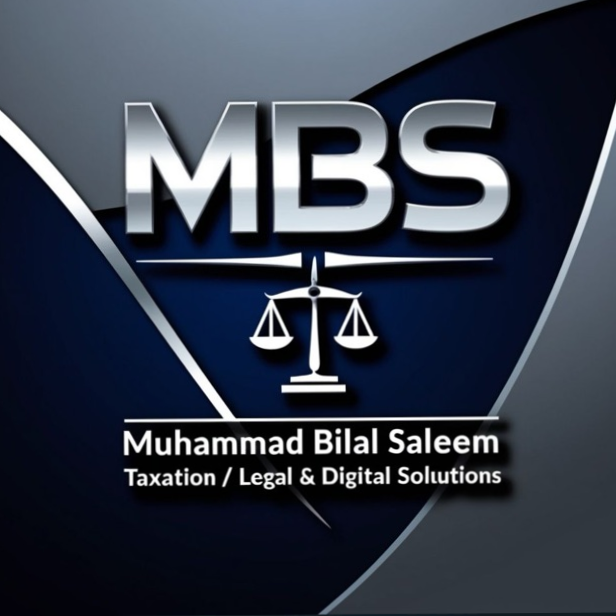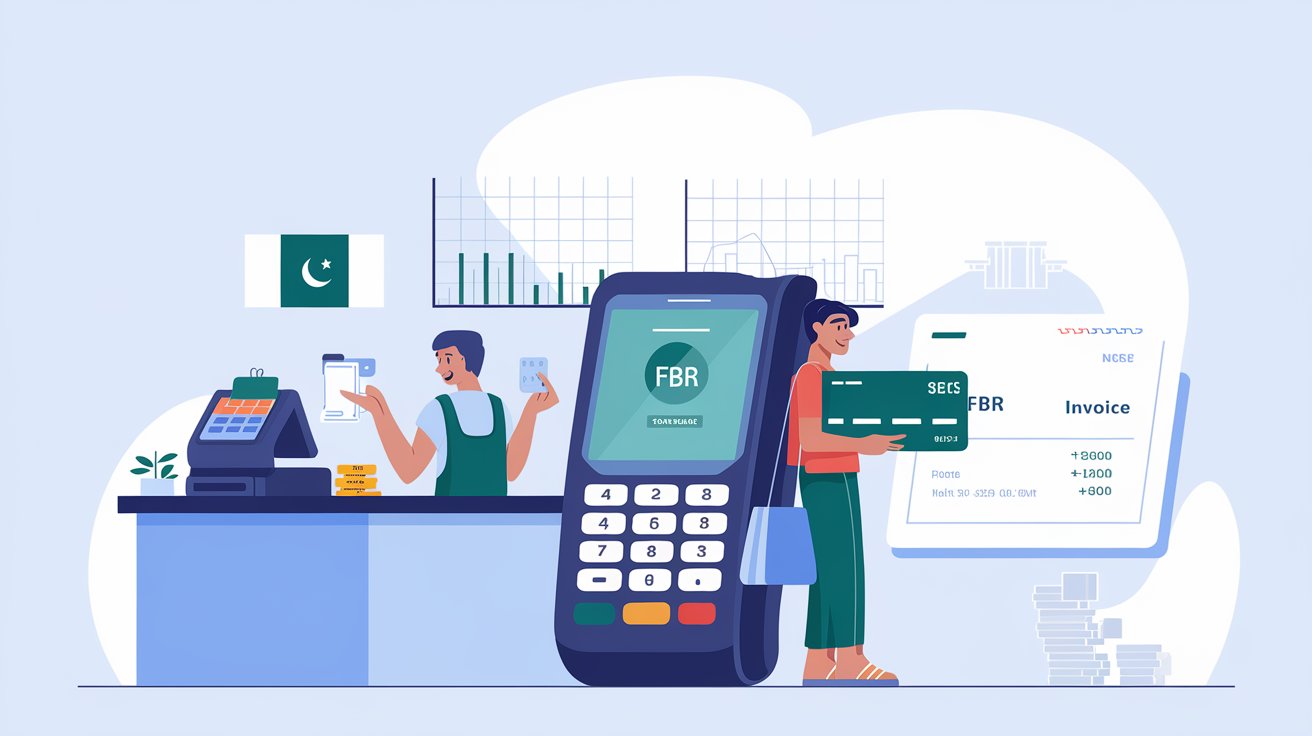
Introduction
The Federal Board of Revenue (FBR) has taken a major step towards digitalizing Pakistan’s economy by making digital payments mandatory for all Point of Sale (POS) retailers. This move aligns with IMF conditions and aims to improve tax documentation and financial transparency.
Under the new FBR Digital Payment Mandate, businesses must now process transactions using debit cards, credit cards, QR codes, and other electronic methods instead of relying on cash. This decision is expected to increase tax revenue, reduce tax evasion, and promote financial transparency.
In this article, we will discuss the new law, its impact on businesses, compliance requirements, challenges, and expert opinions.
What is the FBR Digital Payment Mandate?
The FBR Digital Payment Mandate requires that all POS-integrated retailers in Pakistan must:
✔ Accept digital payments via debit/credit cards, QR codes, or other electronic methods.
✔ Generate electronic invoices linked to FBR’s computerized tax system.
✔ Report transactions in real-time to ensure tax compliance.
✔ Allow FBR to monitor transactions via CCTV and digital tracking.
Non-compliance with these rules may result in fines, penalties, or even business closures.
Why is FBR Implementing This Policy?
FBR introduced this policy for multiple reasons:
- Increase Tax Revenue – Many businesses evade taxes by underreporting cash transactions. Digital payments ensure accurate tax reporting.
- Reduce Corruption & Black Money – Electronic transactions help prevent money laundering and fraud.
- Align with Global Trends – Many countries have successfully transitioned to cashless economies, improving financial stability.
- Meet IMF Conditions – Pakistan committed to tax reforms as part of its agreement with the International Monetary Fund (IMF).
Which Businesses Must Follow This Rule?
The first phase of this policy applies to:
✔ Tier-1 Retailers – Large businesses and retail chains.
✔ Shopping Malls & Supermarkets – Must install card machines.
✔ High-Value Retailers – Businesses dealing in electronics, luxury goods, and high-end clothing.
✔ Restaurants & Hotels – Digital payments will become mandatory.
Small retailers and local shops may be included in later phases.
How Will FBR Monitor Transactions?
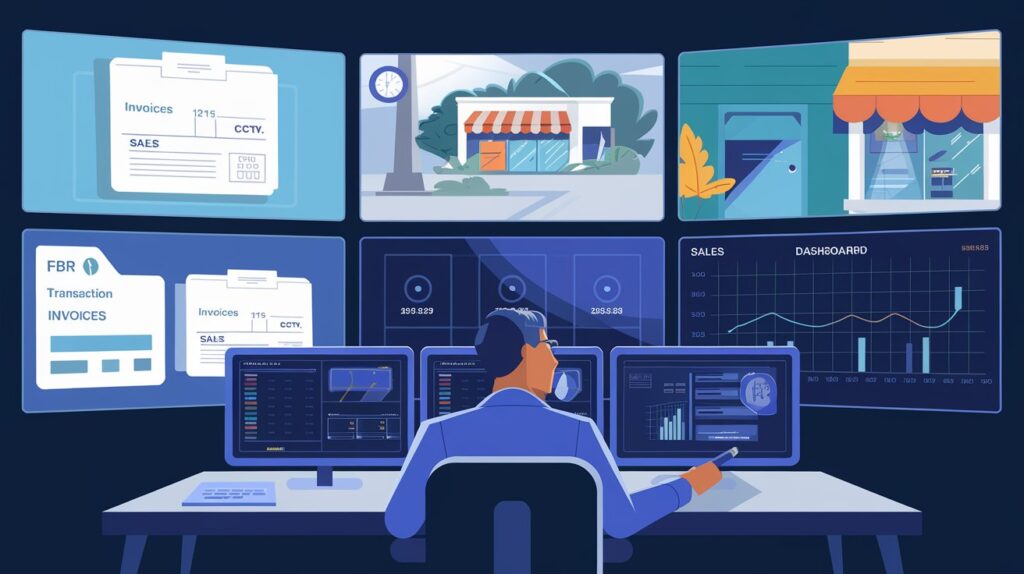
To ensure compliance, FBR will:
🔹 Install Digital Tracking Systems – Transactions will be monitored in real-time.
🔹 Enforce CCTV Surveillance – Selected businesses will be monitored to prevent tax fraud.
🔹 Conduct Surprise Audits – Retailers failing to comply may face penalties.
🔹 Issue Electronic Invoices – Each sale must generate a unique FBR invoice number & QR code for verification.
Challenges & Concerns for Businesses
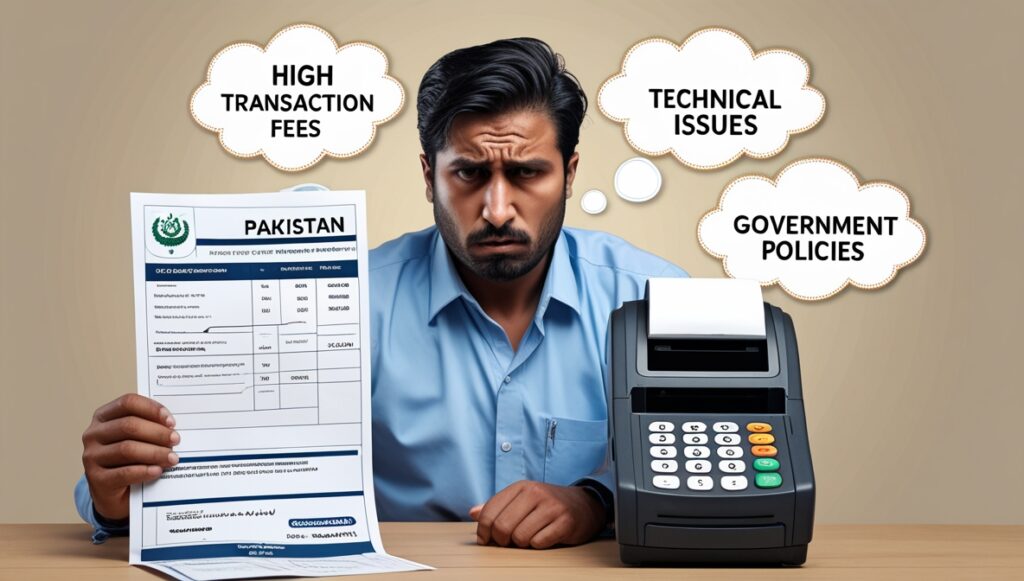
Despite its benefits, the FBR Digital Payment Mandate has raised concerns:
❌ Resistance from Traders – Many businesses prefer cash transactions to avoid taxes.
❌ Cost of Digital Payment Systems – Installing POS systems and card machines adds expenses.
❌ Limited Digital Literacy – Many small retailers are not familiar with electronic payments.
❌ Trust Issues with Government Policies – Traders fear frequent policy changes.
Experts suggest that the government should educate businesses and offer incentives to encourage adoption.
Expert Opinions on FBR’s Decision
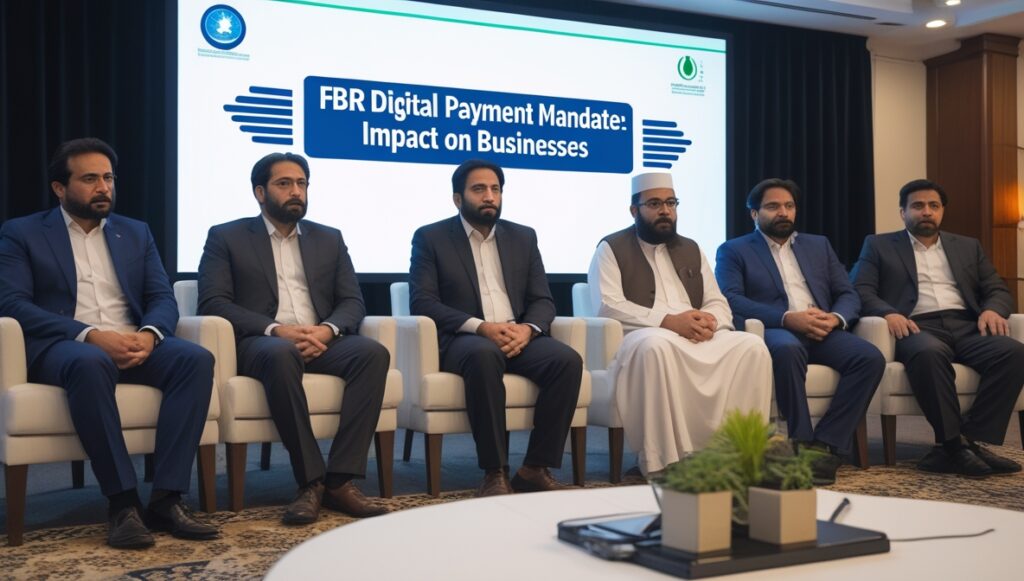
Dr. Khaqan Najeeb (Economic Expert)
“This move will push Pakistan towards a documented economy, just like other countries transitioning to cashless payments. However, effective implementation is key.”
Dr. Sajid Amin (Taxation Analyst)
“The government must change the public perception that tax documentation is only for revenue collection. Instead, it should highlight its benefits for business growth.”
Conclusion
The FBR Digital Payment Mandate is a game-changer for Pakistan’s economy. By shifting to electronic transactions, the government aims to increase tax revenue, reduce corruption, and improve financial transparency.
However, its success depends on how well businesses adapt and how effectively the government enforces the new rules. If implemented correctly, this policy can pave the way for Pakistan’s transition towards a digital economy.
💬 What are your thoughts on FBR’s new digital payment policy? Share your views in the comments!
Contact Us
We’d love to hear from you! Whether you have questions, need guidance, or just want to chat about taxes (yes, it can be fun!), feel free to reach out.
Follow us on social media for updates, tips, and tax humor:
- Facebook: MBS Taxation
- Website : MBS Taxation
- Our Website Contact Form : Click Here
- Whatsapp Number : +923087543324
We’re here to simplify your taxes so you can focus on what matters most—your work, your business, and your life!
What happens if a business does not comply with FBR’s digital payment mandate?
Businesses that fail to comply with the FBR Digital Payment Mandate may face strict penalties, including fines, suspension of business operations, or sealing of premises. The FBR has set up a monitoring system that includes real-time transaction tracking and surprise audits. To avoid penalties, retailers must integrate debit/credit card payment systems and ensure electronic invoicing linked to FBR’s tax system.
